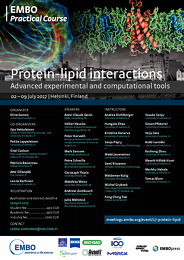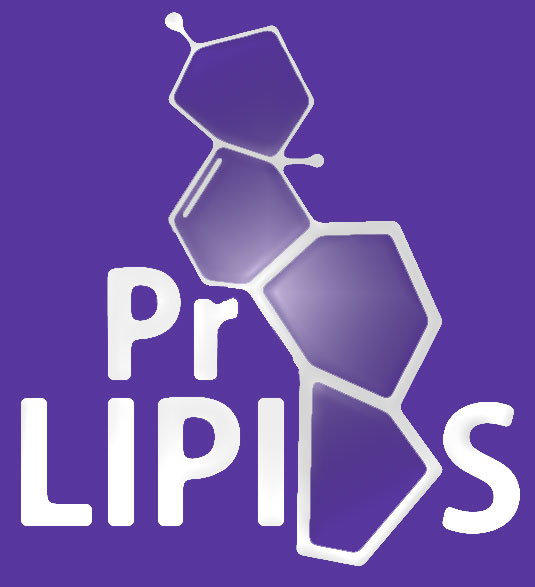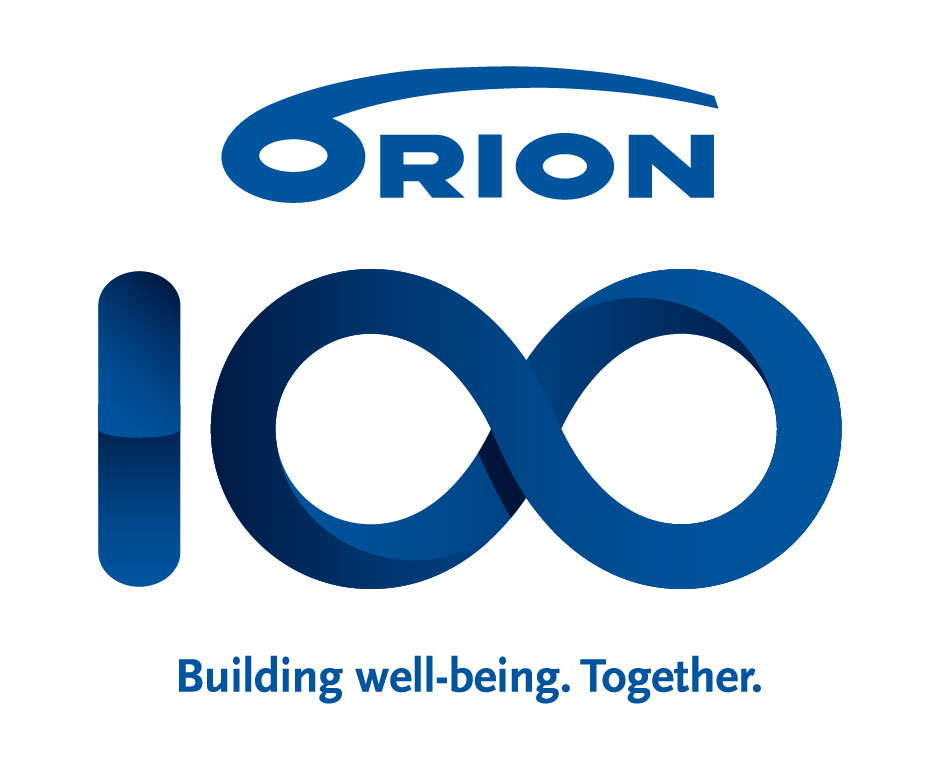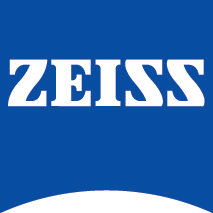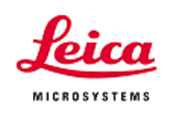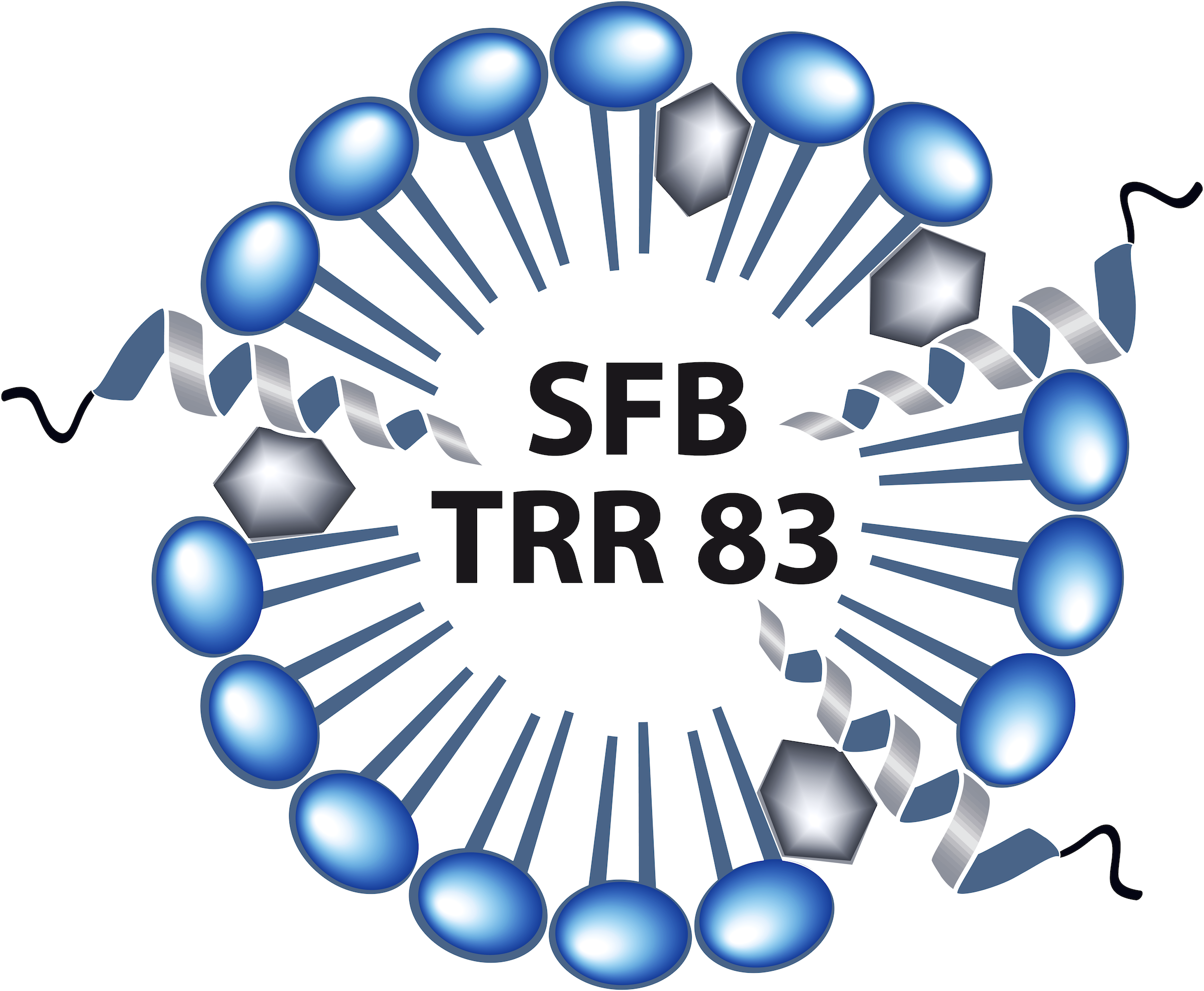About the Practical Course
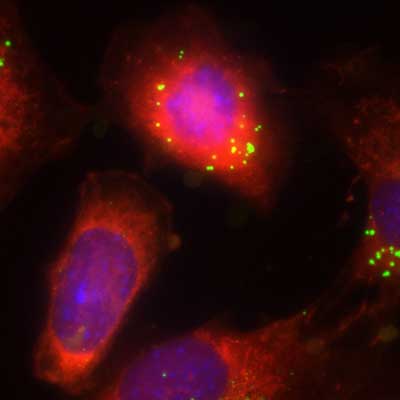
Biological membranes are complex heterogeneous systems composed of lipids, proteins, and carbohydrates. Membranes facilitate essential biological functions that are driven by protein-lipid interactions, in a highly dynamic manner. In order to describe the regulatory complexity of such systems, it is crucial to understand the underlying molecular mechanisms and dynamics.
This EMBO practical course will bridge cutting edge experimental and computational tools to study lipid-protein interactions. Advanced PhD students and Postdocs will receive ample opportunities to learn about the increasing importance and benefits of interdisciplinary research in this developing area. Followed by one day of lectures by top scientists in the field, the practical part will be structured into 5 modules, where participants will be able to learn latest wet lab techniques combined with advanced molecular dynamics simulations in small groups. Students will get detailed hands-on experience on biochemical, biophysical, imaging-based and computational methods to study and analyze the interactions and dynamics of lipids with proteins. A major goal of the course is to teach experimentalists the basic principles of molecular dynamic simulations and how theoretical atomistic analysis can be combined with traditional experimental studies for highly sophisticated outcomes.
MODULE 1
This module describes the basic principles and possible outcomes of molecular dynamics (MD) simulations to study protein–lipid interactions.
Methods: Classical all-atom and coarse-grained molecular dynamics (MD) simulations; Visualization of molecular dynamics trajectories; Built-in analysis tools of GROMACS and in-house scripts.
MODULE 2
This module demonstrates the novel principle of how lipid-protein interaction can be encoded at the lipid level, by the conformational properties of the lipid receptor itself.
Methods: Preparation of LUVs rehydration of lipid film, extrusion through polycarbonate filters; Flotation in density gradient; Preparation of lipid strips, binding of syndapin1/CTXB.
MODULE 3
This module provides both theoretical and practical background on ways for studying protein-lipid interactions in vitro.
Methods: Emulsion-based and electroformation methods for GUVs preparation; Imaging; Effect of protein binding to the membrane: tubulation, flattening; lipid phase separation; Encapsulation of proteins into GUVs.
MODULE 4
This module demonstrates the possibilities of automated image analysis tools and how they can be incorporated in experimental setups.
Methods: Live cell CARS microscopy; Automated image acquisition and analysis.
MODULE 5
This module demonstrates the use of fluorescently-labeled UV-crosslinkable lipid analogs to study lipid-protein interactions.
Methods: In vitro UV-crosslinking and alkyne-fatty acid labeling; Fluorogenic click reaction; HPTLC separation; Fluorescence detection.
About EMBO Courses and Workshops
EMBO Courses and Workshops are selected for their excellent scientific quality and timelines, provision of good networking activities for all participants and speaker gender diversity (at least 40% of speakers must be from the underrepresented gender).
Organisers are encouraged to implement measures to make the meeting environmentally more sustainable.


